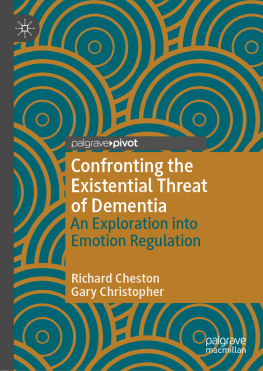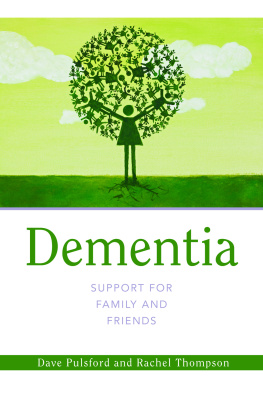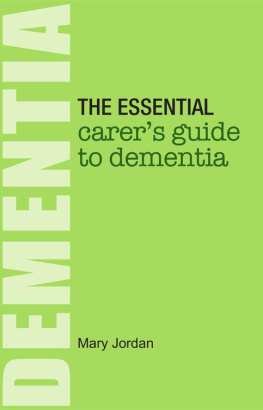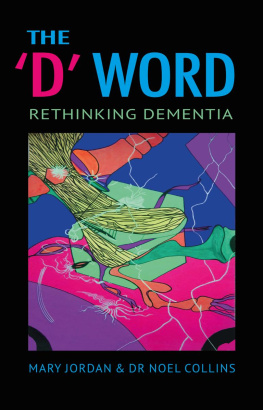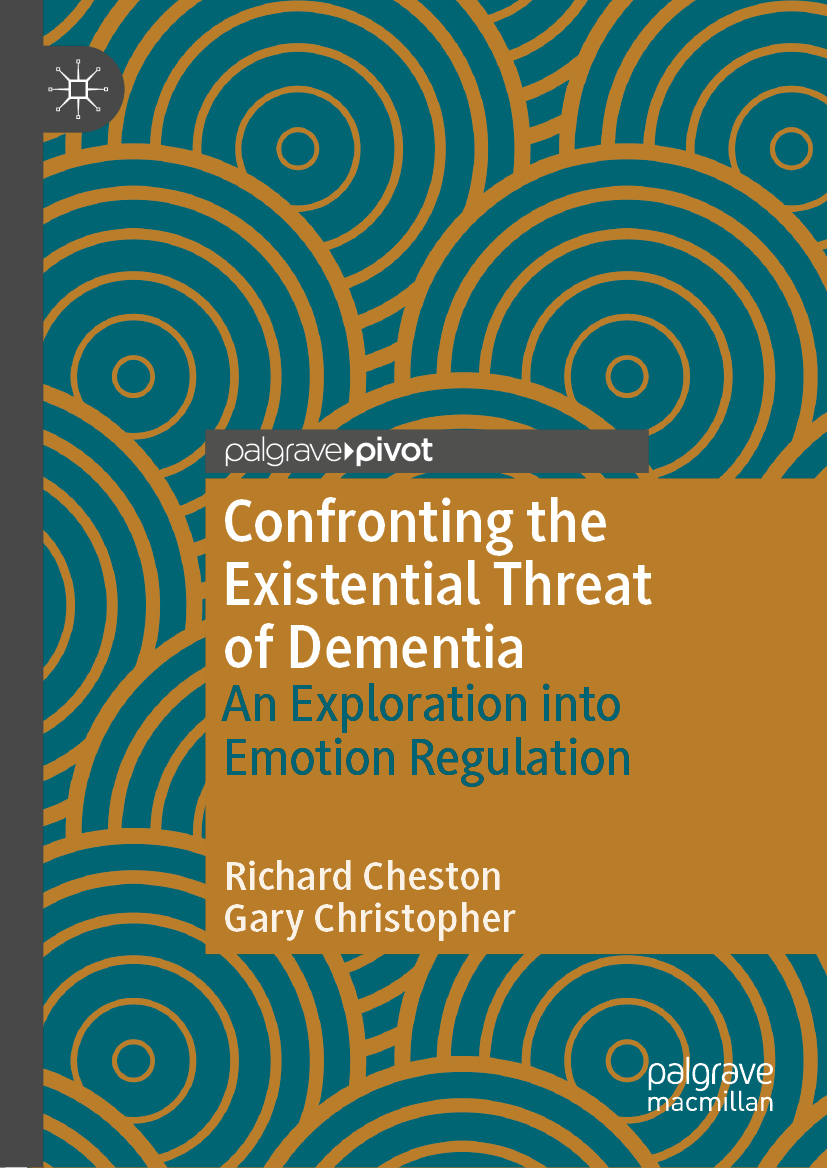Richard Cheston
Department of Health and Social Sciences, University of the West of England, Bristol, UK
Gary Christopher
Department of Health and Social Sciences, University of the West of England, Bristol, UK
ISBN 978-3-030-12349-9 e-ISBN 978-3-030-12350-5
https://doi.org/10.1007/978-3-030-12350-5
Library of Congress Control Number: 2019935505
The Editor(s) (if applicable) and The Author(s), under exclusive license to Springer Nature Switzerland AG, part of Springer Nature 2019
This work is subject to copyright. All rights are solely and exclusively licensed by the Publisher, whether the whole or part of the material is concerned, specifically the rights of translation, reprinting, reuse of illustrations, recitation, broadcasting, reproduction on microfilms or in any other physical way, and transmission or information storage and retrieval, electronic adaptation, computer software, or by similar or dissimilar methodology now known or hereafter developed.
The use of general descriptive names, registered names, trademarks, service marks, etc. in this publication does not imply, even in the absence of a specific statement, that such names are exempt from the relevant protective laws and regulations and therefore free for general use.
The publisher, the authors and the editors are safe to assume that the advice and information in this book are believed to be true and accurate at the date of publication. Neither the publisher nor the authors or the editors give a warranty, expressed or implied, with respect to the material contained herein or for any errors or omissions that may have been made. The publisher remains neutral with regard to jurisdictional claims in published maps and institutional affiliations.
Cover illustration: John Rawsterne/patternhead.com
This Palgrave Pivot imprint is published by the registered company Springer Nature Switzerland AG
The registered company address is: Gewerbestrasse 11, 6330 Cham, Switzerland
Acknowledgements
We would like to recognise the debt we owe to so many people. Most importantly, we would like to acknowledge the many people who are living with dementia and their relatives and supporters whom we have met over the years and who have taught us so much. This is both the people we have known in our work as psychologists, but also members of our own family and friends. Without their willingness to share their experiences, we could not have even started to write this book. We hope they feel we have been able to communicate some of that learning here.
We would also like to thanks the many colleagues, friends, students, and trainees that we have worked with over the past years and whose support in developing our research and ideas over the years has been so important. We would especially like to thank Emily Dodd, Sanda Ismail, and Subitha Baghirathan at the University of the West of England, as well as Constantine Sedikides and Tim Wildschut at the University of Southampton. In addition, we would also like to thank: Jeremy Allen, Elizabeth Bartlett, Nick Bennians, Gillian Bebber, Stephany Bowen, Romola Bucks, David Childs, Peter Clegg, Peter Coleman, Lorraine Conduit, Liz Coulthard, Suzanne Davis, Olena Doran, Elizabeth Drew, Jane Fossey, Beatrice Godwin, Julia Gifford, Rebecca Guhan, Peter Hampson, India Hart, Julia Hecquet, Clive Holmes, Julian Hughes, Zoe Hughes, Lynne Hopkinson, Ada Ivanecka, Aaron Jarvis, Charlie Jones, Roy Jones, Jo Keightley, Anna Lagerdahl, Anna Littlechild, Jill Mann, Helen Mander, Ann Marshall, Robin Means, Chris Pawson, Gill Podger, Elsa Schmidt, Debbie Smith, John Spreadbury, David Stokes, Deirdre Sutton-Smith, Dani Tingley, Paul Whitby, Philippa Wilson, Liz Young, and Nancy Zook. Additionally, Riks clinical work has been supported and developed by working with so many excellent clinicians within the community Mental Health Teams in Avon and Wiltshire Mental Health Partnership trust, at the RICE memory clinic in Bath, as well as with many Clinical Psychology Trainees and Assistants.
We would also like to recognise the organisations that have funded different aspects of this research that we report here: the Mental Health Foundation; the National Institute for Health Research (NIHR); the Alzheimers Society; Alzheimers Research UK, and the University of the West of England. The views expressed here are ours, and ours alone, and do not reflect the opinions of any of these agencies.
Finally, we are both indebted to the support, patience, and tolerance of our families over the past years: Andrea, Katharine, Huw, and Marie.

